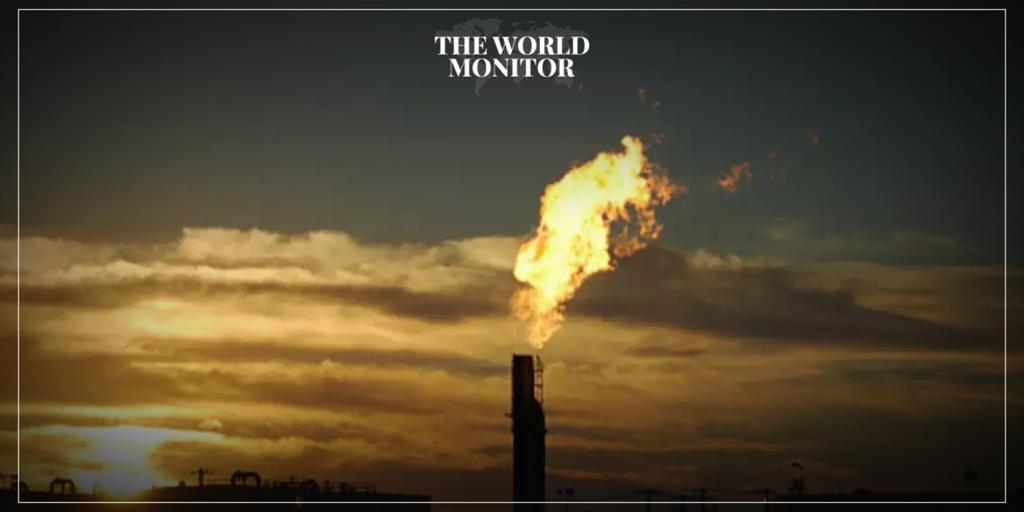The European Council and Parliament have reached a consensus on a groundbreaking agreement aimed at monitoring and mitigating methane emissions in the energy sector.
This new legislation is scheduled to be in effect by early 2024, according to a statement released by the council on Wednesday.
Under the regulations, exporters of oil, gas, and coal will be obligated to regularly measure and report methane emissions associated with their products sold to the European Union’s 27 member states.
Spain’s acting Ecological Transition and Demographic Challenge Minister, Teresa Ribera Rodriguez, emphasized the importance of this legislation, stating, “Reducing methane emissions will help us to achieve the EU’s climate goals.”
Methane, identified as a potent greenhouse gas, second only to carbon dioxide in its impact on climate change, is responsible for a significant portion of current climate warming.
The legislation includes provisions for detecting and repairing methane leaks, as well as limiting venting and flaring.
The EU institutions have outlined specific deadlines and frequencies for monitoring, reporting, and inspecting potential sources of methane emissions.
Producers will be required to submit regular reports detailing the volume of source-level methane emissions to relevant authorities.
The legislation mandates the completion of the first inspection no later than 21 months after the regulation comes into effect.
Periodic inspections will be conducted by relevant authorities to ensure operators’ compliance with the outlined requirements.
This mandate applies to imports from oil, coal, and natural gas suppliers delivering to the EU, utilizing global monitoring tools to maintain transparency on methane emissions.
Negotiators from EU member states and the European Parliament have agreed on three implementation phases for these measures.






